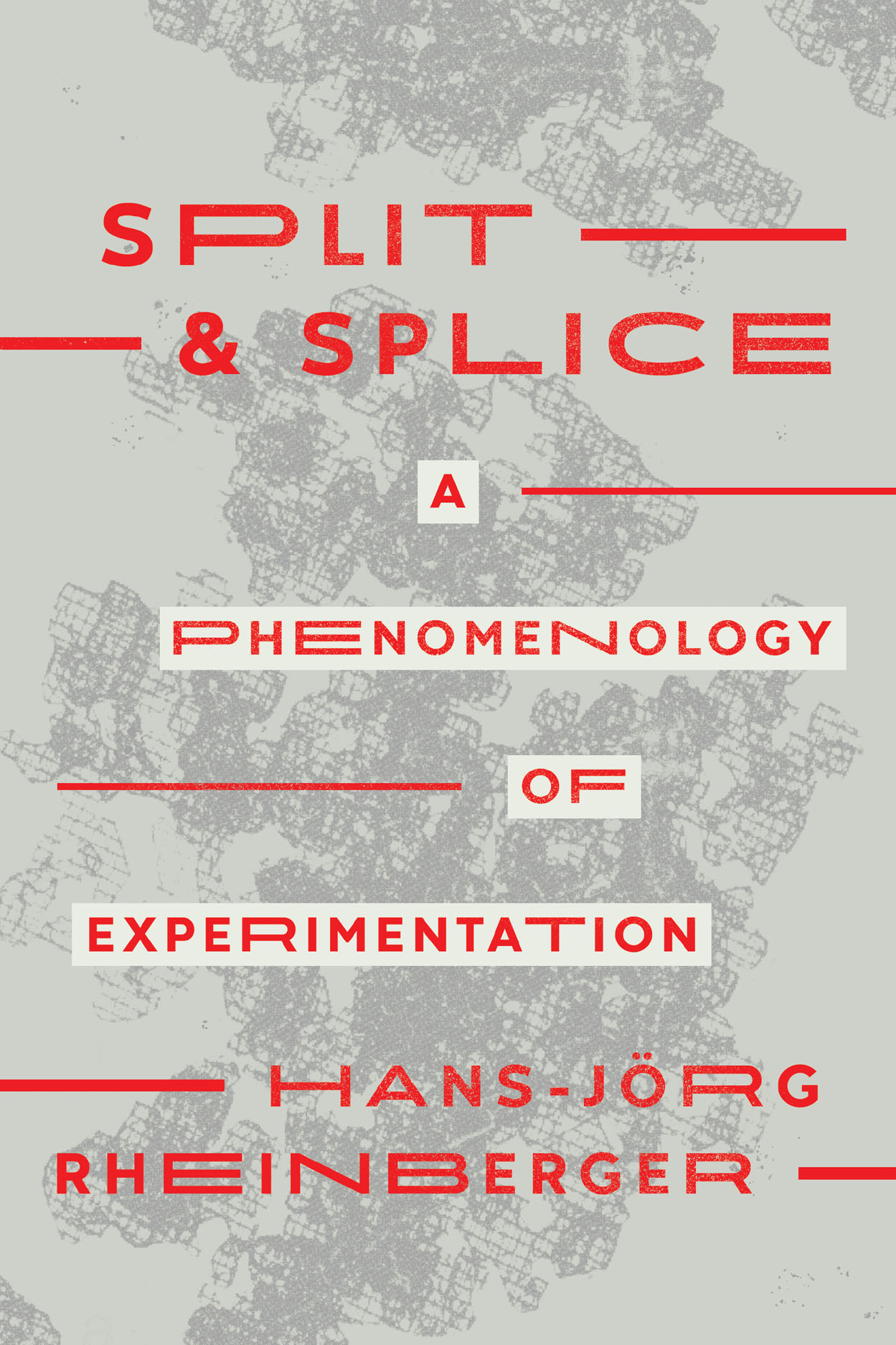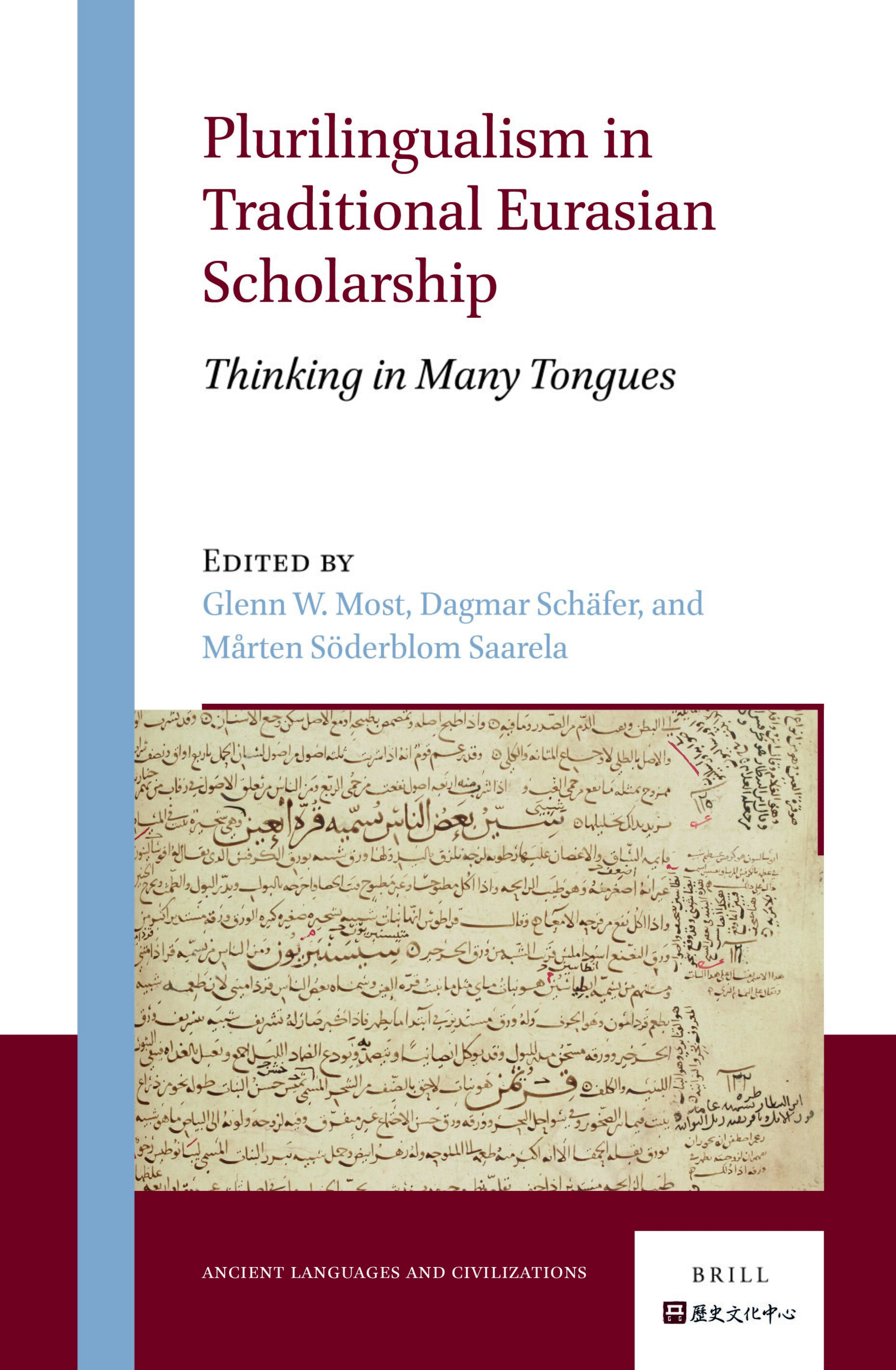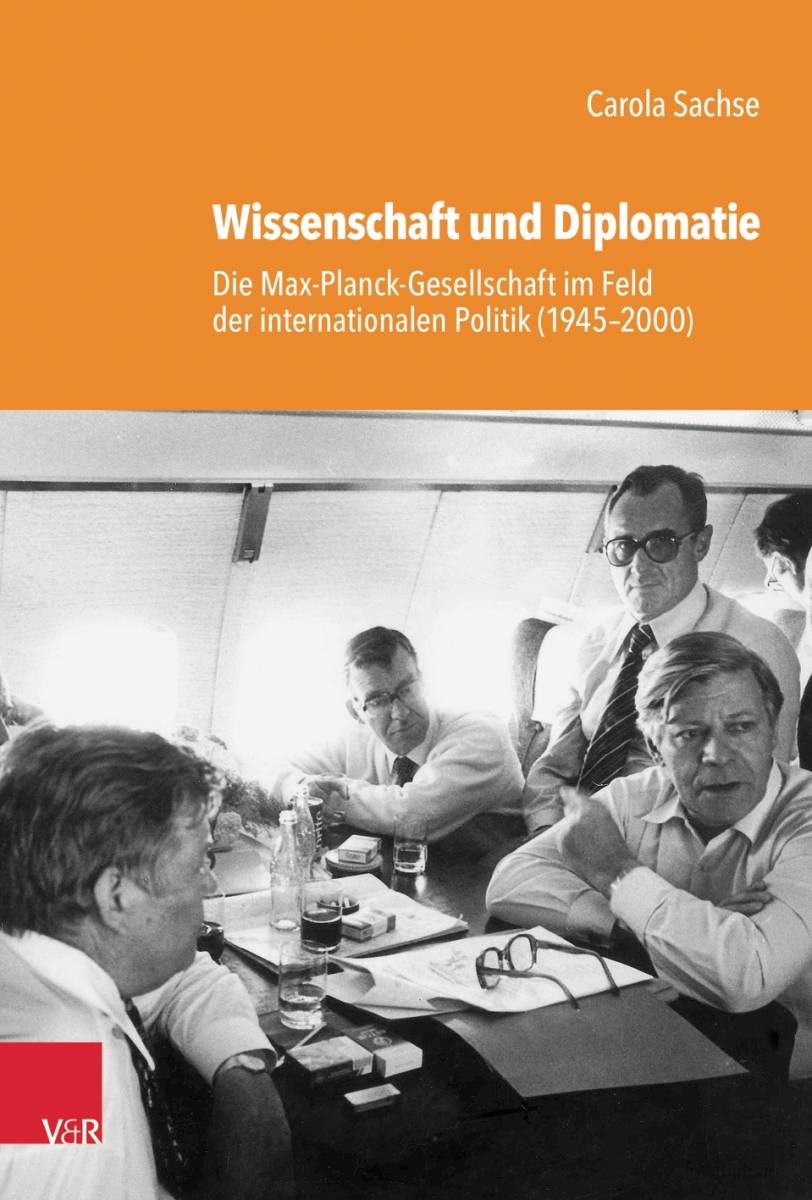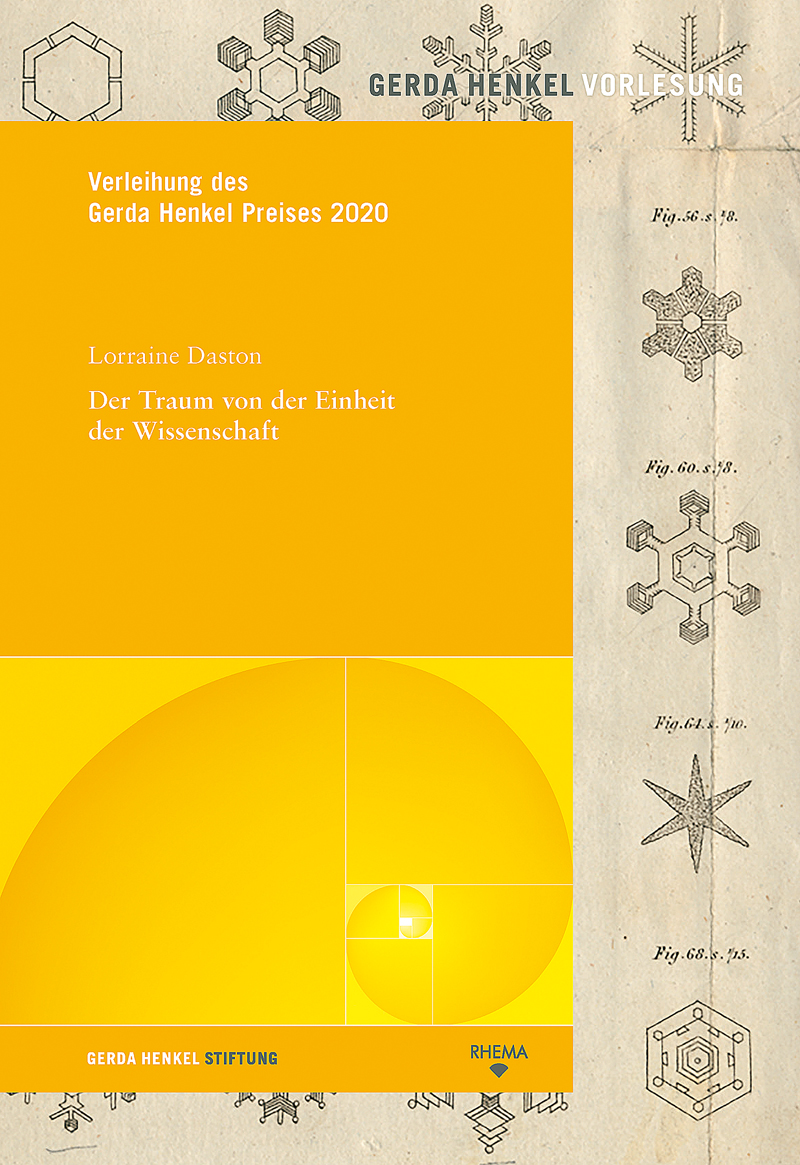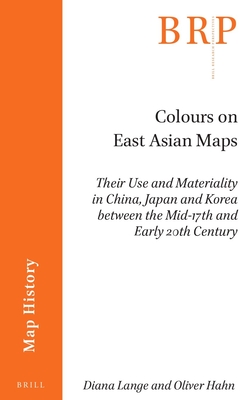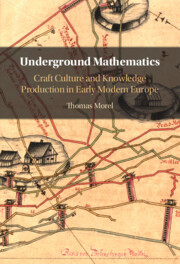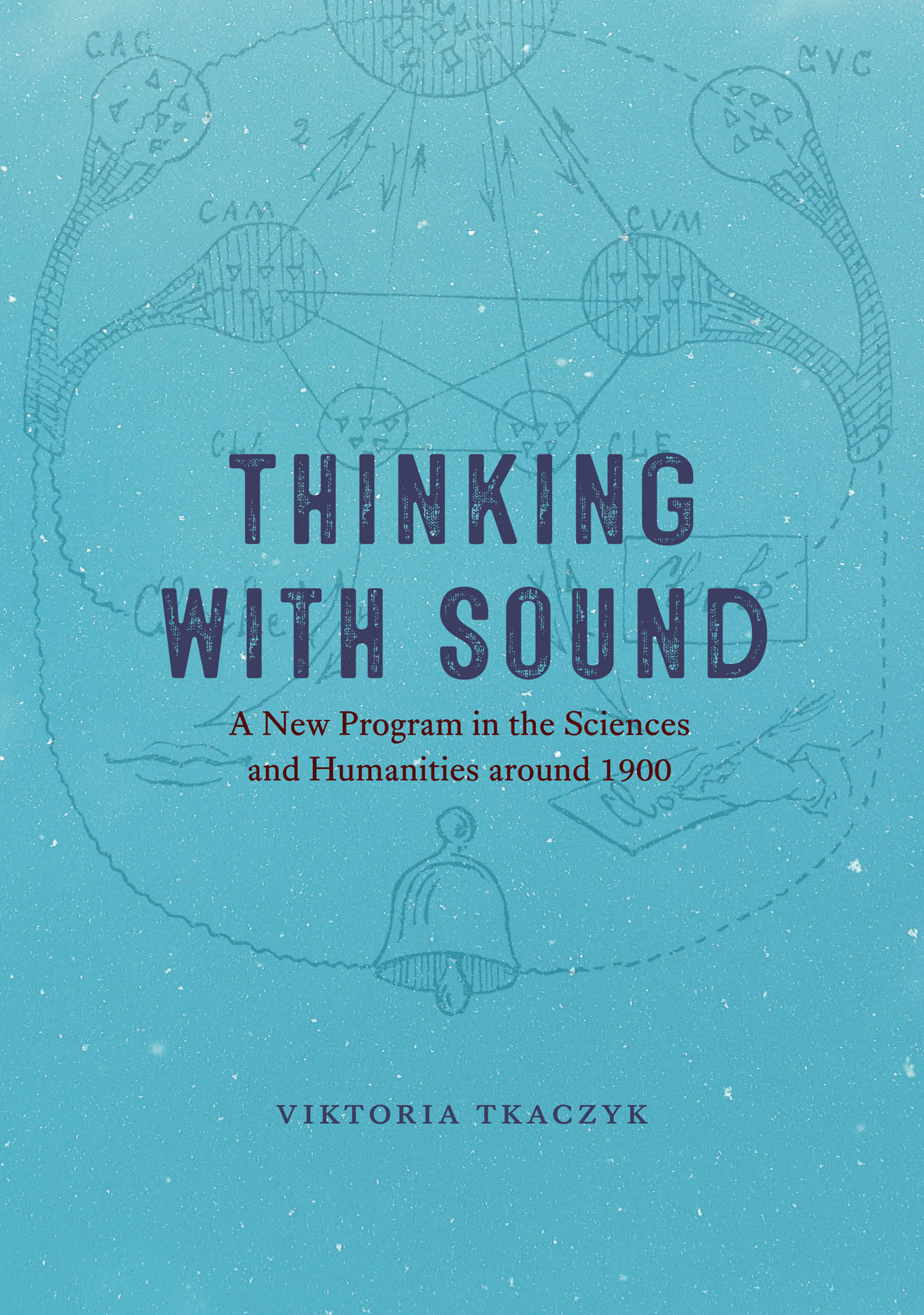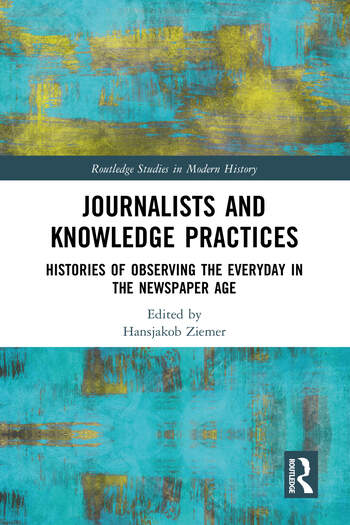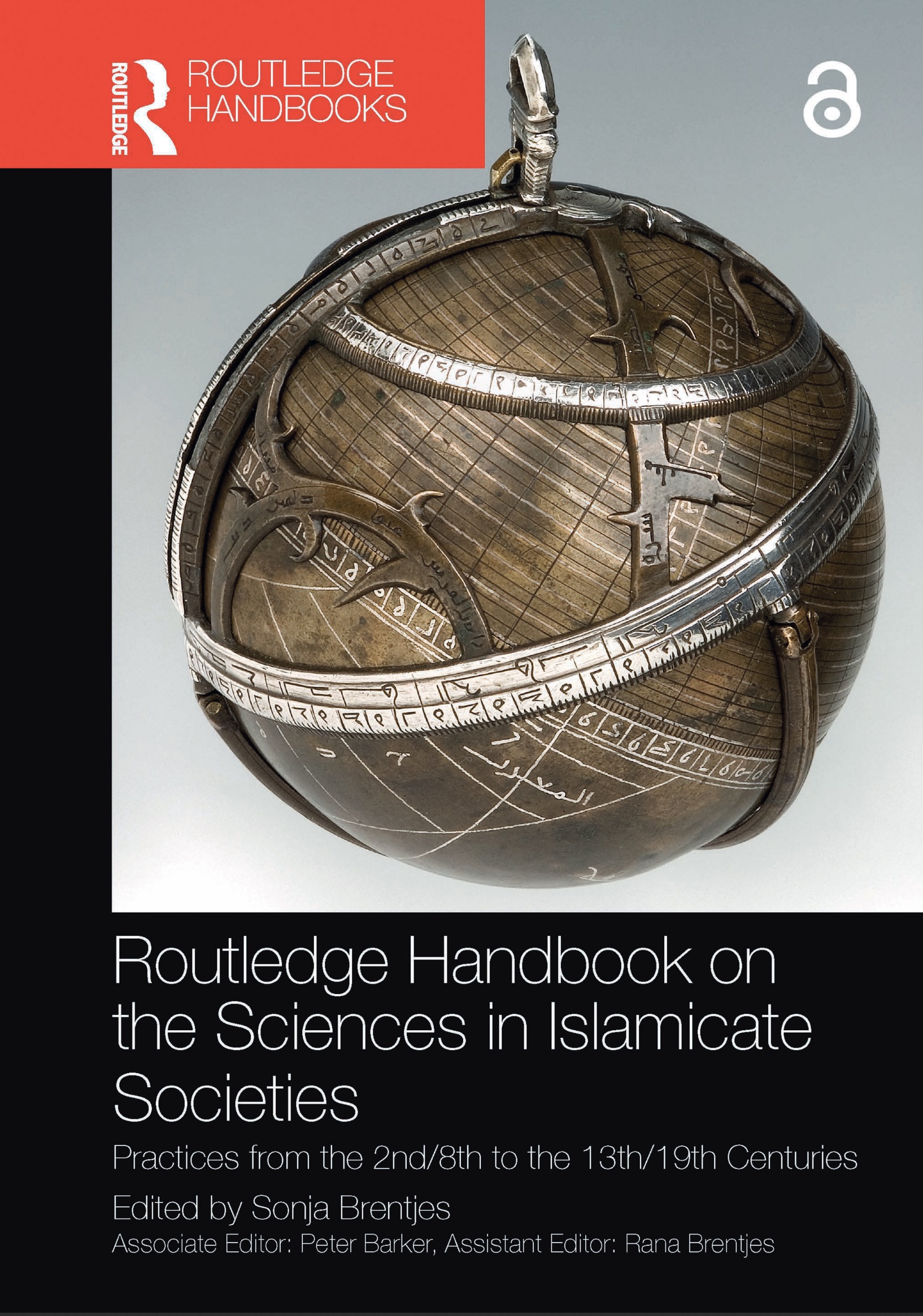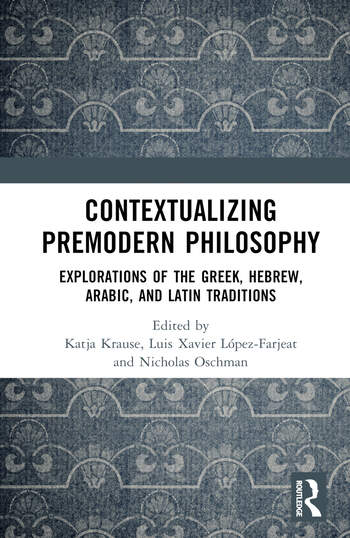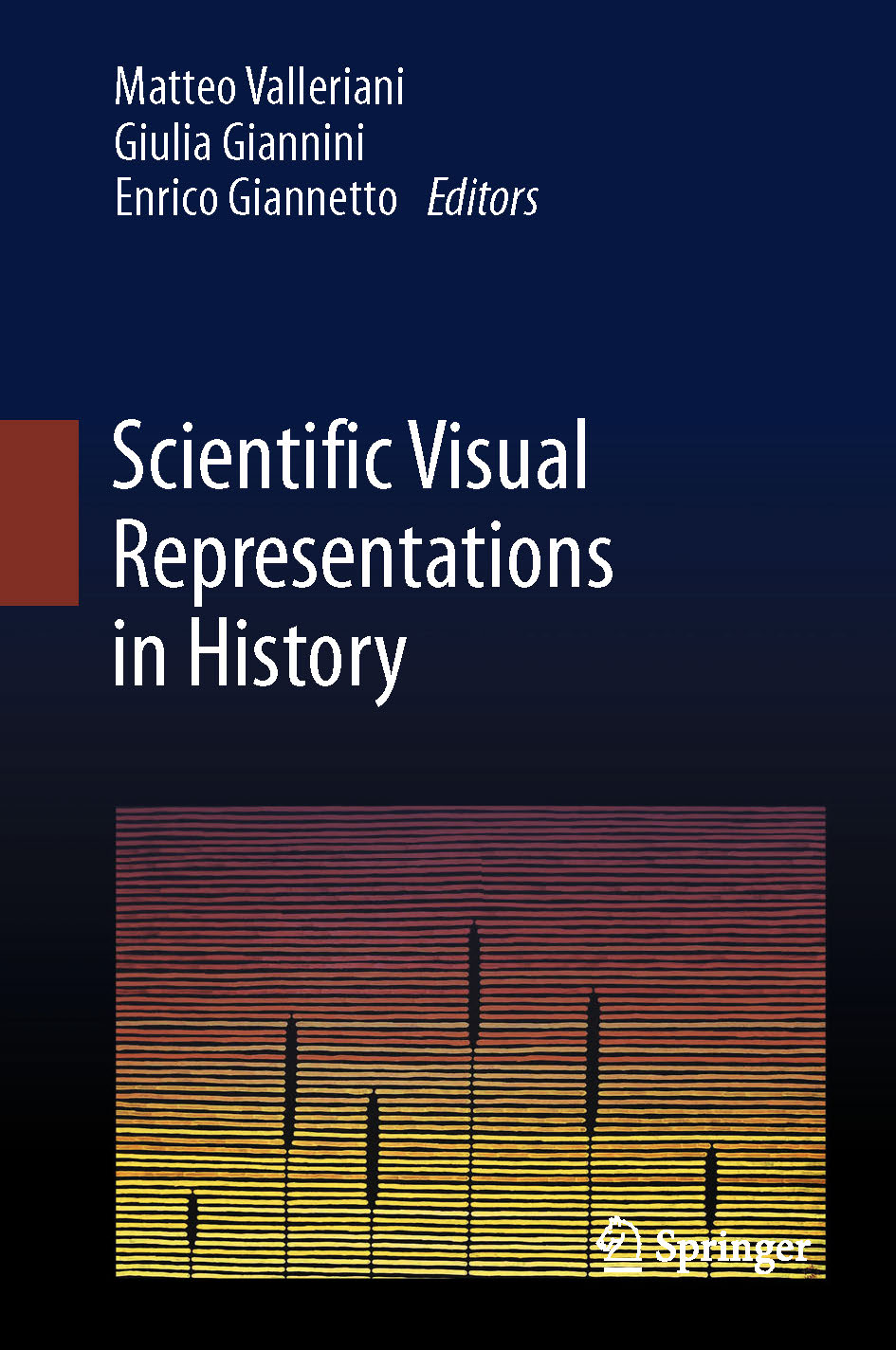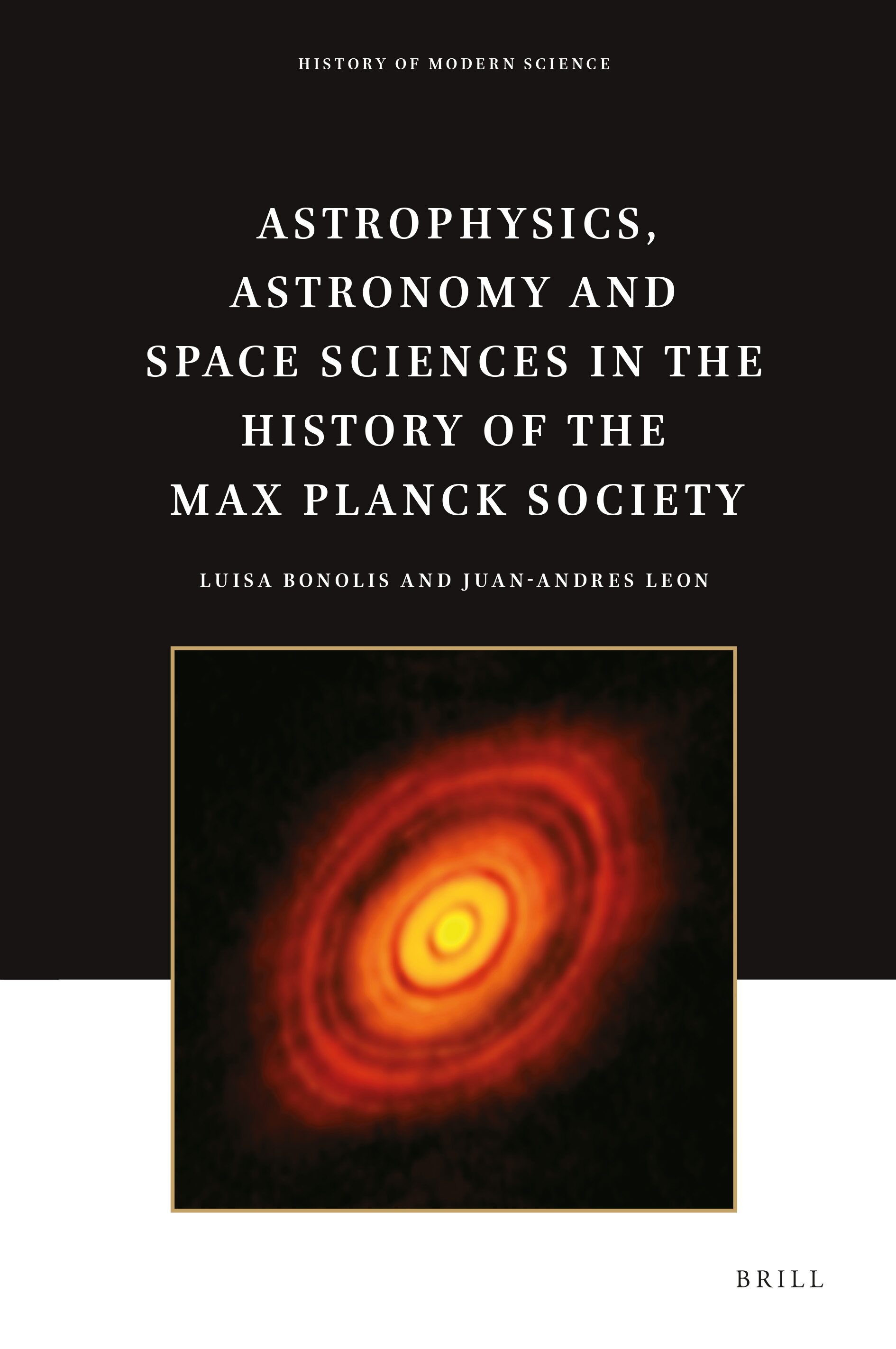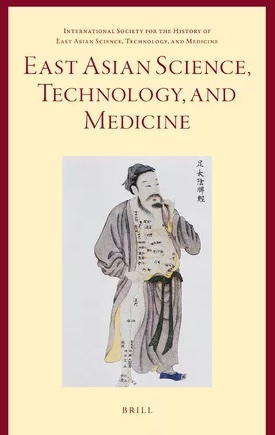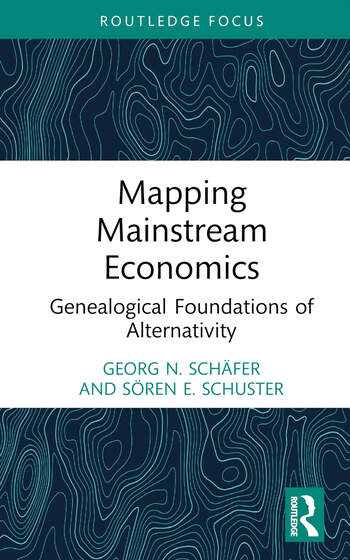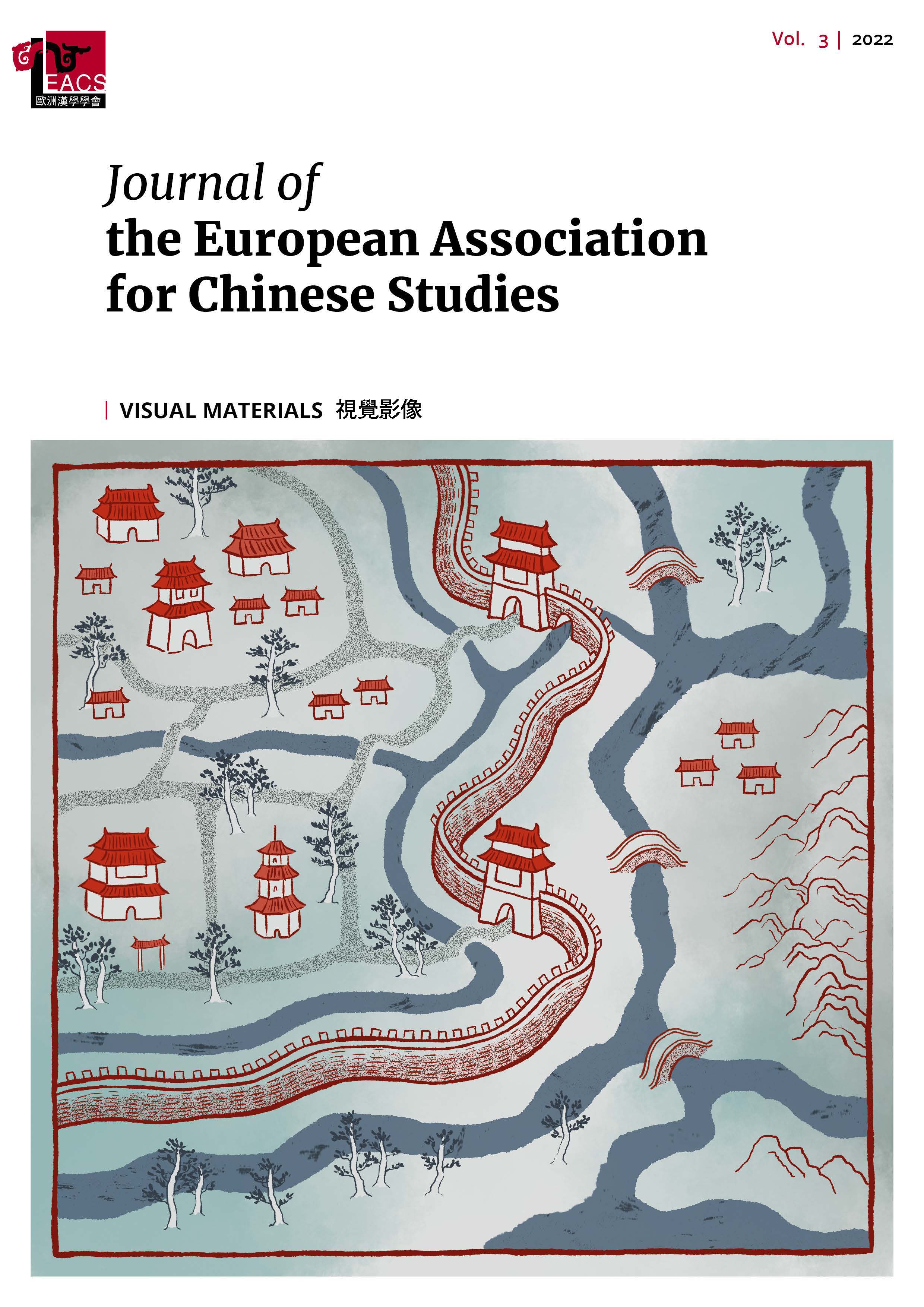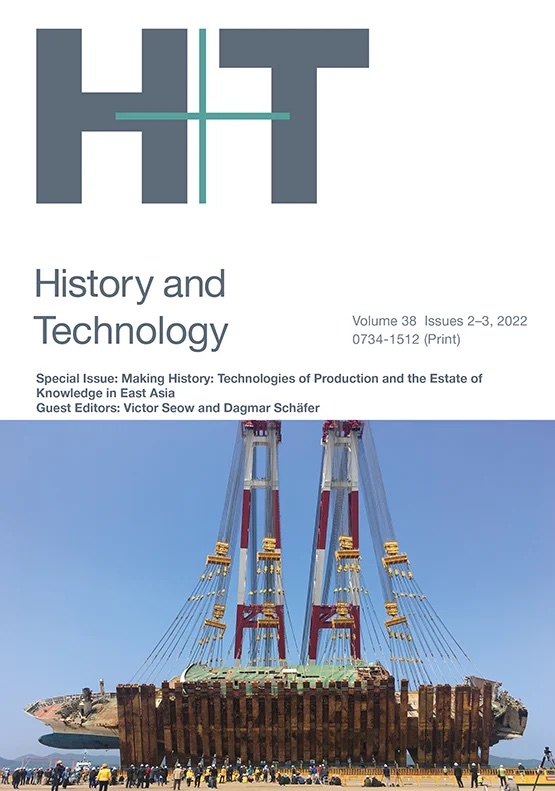Book
Split and Splice: A Phenomenology of Experimentation
The experiment has long been seen as a test bed for theory, but in Split and Splice, Hans-Jörg Rheinberger makes the case, instead, for treating experimentation as a creative practice. His latest book provides an innovative look at the experimental protocols and connections that have made the life sciences so productive.
MORE
Working Group Volume
Plurilingualism in Traditional Eurasian Scholarship: Thinking in Many Tongues
Was plurilingualism the exception or the norm in traditional Eurasian scholarship? This volume presents a selection of primary sources—in many cases translated into English for the first time—with introductions that provide fascinating historical materials for challenging notions of the ways in which traditional Eurasian scholars dealt with plurilingualism and monolingualism.
MORE
Book
Wissenschaft und Diplomatie: die Max-Planck-Gesellschaft im Feld der internationalen Politik (1945–2000)
Wissenschaftsdiplomatie gilt neuerdings als Hoffnungsträger in der Bewältigung der globalen Herausforderungen der internationalen Politik. Zugleich rückt das Zusammenspiel von Wissenschaft und Diplomatie während des Kalten Krieges in den Fokus der Wissenschaftsgeschichte.
MORE
Book
Der Traum von der Einheit der Wissenschaft: Verleihung des Gerda Henkel Preises 2020
In ihrer Preisrede anlässlich der Verleihung des Gerda Henkel Preises sprach die Wissenschaftshistorikerin Lorraine Daston über den »Traum von der Einheit der Wissenschaft«.
MORE
Working Group Volume
Moving Crops and the Scales of History
A bold redefinition of historical inquiry based on the “cropscape”—the people, creatures, technologies, ideas, and places that surround a crop
MORE
Book
Colours on East Asian Maps: Their Use and Materiality in China, Japan and Korea between the Mid-17th and Early 20th Century
With a multi-perspective approach and transdisciplinary methods (humanities and sciences), this book offers an in-depth and systematic study of hand-drawn and hand-coloured maps from East Asia.
MORE
Book
Underground Mathematics: Craft Culture and Knowledge Production in Early Modern Europe
Thomas Morel tells the story of subterranean geometry, a forgotten discipline that developed in the silver mines of early modern Europe. Mining and metallurgy were of great significance to the rulers of early modern Europe, required for the silver bullion that fuelled warfare and numerous other uses.
MORE
Book
Thinking with Sound: A New Program in the Sciences and Humanities around 1900
When the outside world is silent, all sorts of sounds often come to mind: inner voices, snippets of past conversations, imaginary debates, beloved and unloved melodies. What should we make of such sonic companions? Thinking with Sound investigates a period when these and other newly perceived aural phenomena prompted a far-reaching debate.
MORE
Special Issue (Working Group Volume)
Hybridization in the History of Ideas; Historical Geoanthropology
Special issue 1: Hybridization in the History of Ideas ; Special issue 2: Geoanthropology.
MORE
Edited Book
Journalists and Knowledge Practices: Histories of Observing the Everyday in the Newspaper Age
This multi-disciplinary anthology provides new perspectives on the journalist’s role in knowledge generation in the newspaper age—covering diverse topics from fake news to new technologies.
MORE
Edited Book
Routledge Handbook on the Sciences in Islamicate Societies: Practices from the 2nd/8th to the 13th/19th Centuries
The Routledge Handbook on the Sciences in Islamicate Societies provides a comprehensive survey on science in the Islamic world from the 8th to the 19th century.
MORE
Working Group Volume
Contextualizing Premodern Philosophy: Explorations of the Greek, Hebrew, Arabic, and Latin Traditions
This volume brings together contributions from distinguished scholars in the history of philosophy, focusing on points of interaction between discrete historical contexts, religions, and cultures found within the premodern period.
MORE
Working Group Volume
Scientific Visual Representations in History
This book explores continuity and ruptures in the historical use of visual representations in science and related disciplines such as art history and anthropology. The book also considers more recent developments that attest to the unprecedented importance of scientific visualizations, such as video recordings, animations, simulations, graphs, and enhanced realities.
MORE
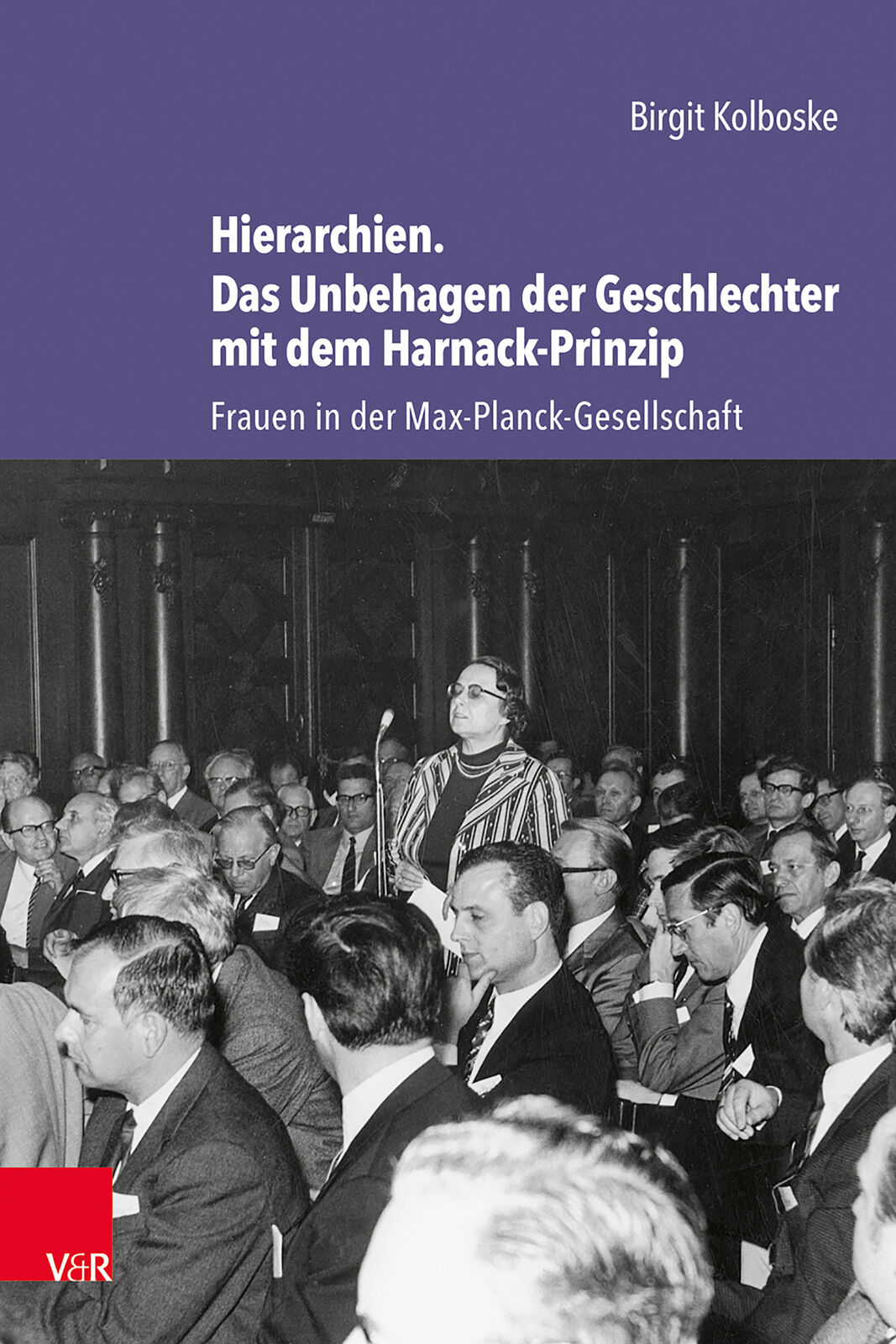
Book
Hierarchien. Das Unbehagen der Geschlechter mit dem Harnack-Prinzip: Frauen in der Max-Planck-Gesellschaft
Die Max-Planck-Gesellschaft (MPG), eine der erfolgreichsten Forschungsinstitutionen weltweit, steht exemplarisch für das stark von Hierarchien und Abhängigkeitsverhältnissen geprägte deutsche Wissenschaftssystem. Die Studie analysiert ihren soziokulturellen und strukturellen Wandlungsprozess unter Genderaspekten in den ersten fünfzig Jahren ihres Bestehens – von intransparenten Wirkungszusammenhängen informeller Netzwerke hin zu einer modernen, an Gleichstellungspolitik orientierten Forschungsinstitution.
MORE
Book
Astrophysics, Astronomy and Space Sciences in the History of the Max Planck Society
This book provides the first comprehensive historical account of the evolution of scientific traditions in astronomy, astrophysics, and the space sciences within the Max Planck Society.
MORE
Special Issue (Working Group Volume)
The Production of Geographical Knowledge in Medieval China
MORE
Book
Mapping Mainstream Economics: Genealogical Foundations of Alternativity
-
Georg SchäferSören E. Schuster
Mapping Mainstream Economics: Genealogical Foundations of Alternativity seeks to establish a definition of the mainstream economics, and by extension the alternatives to it, by adopting a genealogical approach: tracing the methodological development of the economic mainstream through its ancestry, which allows for a definition of the mainstream that is separate from politically charged categories or gridlocked academic arguments between received schools of thought.
MORE
Special Issue (Working Group Volume)
Visual Materials in Local Gazetteers
The editorial board are pleased to present volume 3 of the Journal of the European Association for Chinese Studies, which opens with a special section on “Visual Materials in Local Gazetteers”.
MORE
Special Issue (Working Group Volume)
Making History: Technologies of Production and the Estate of Knowledge in East Asia
How did production, the making of things, come to be regarded as an inferior part of the process from the conceptualization of a commodity to its consumption? And how did East Asia, which has long been a place of production, come concurrently to be dismissed by other global actors on account of that fact and denied the potential for innovation?
MORE
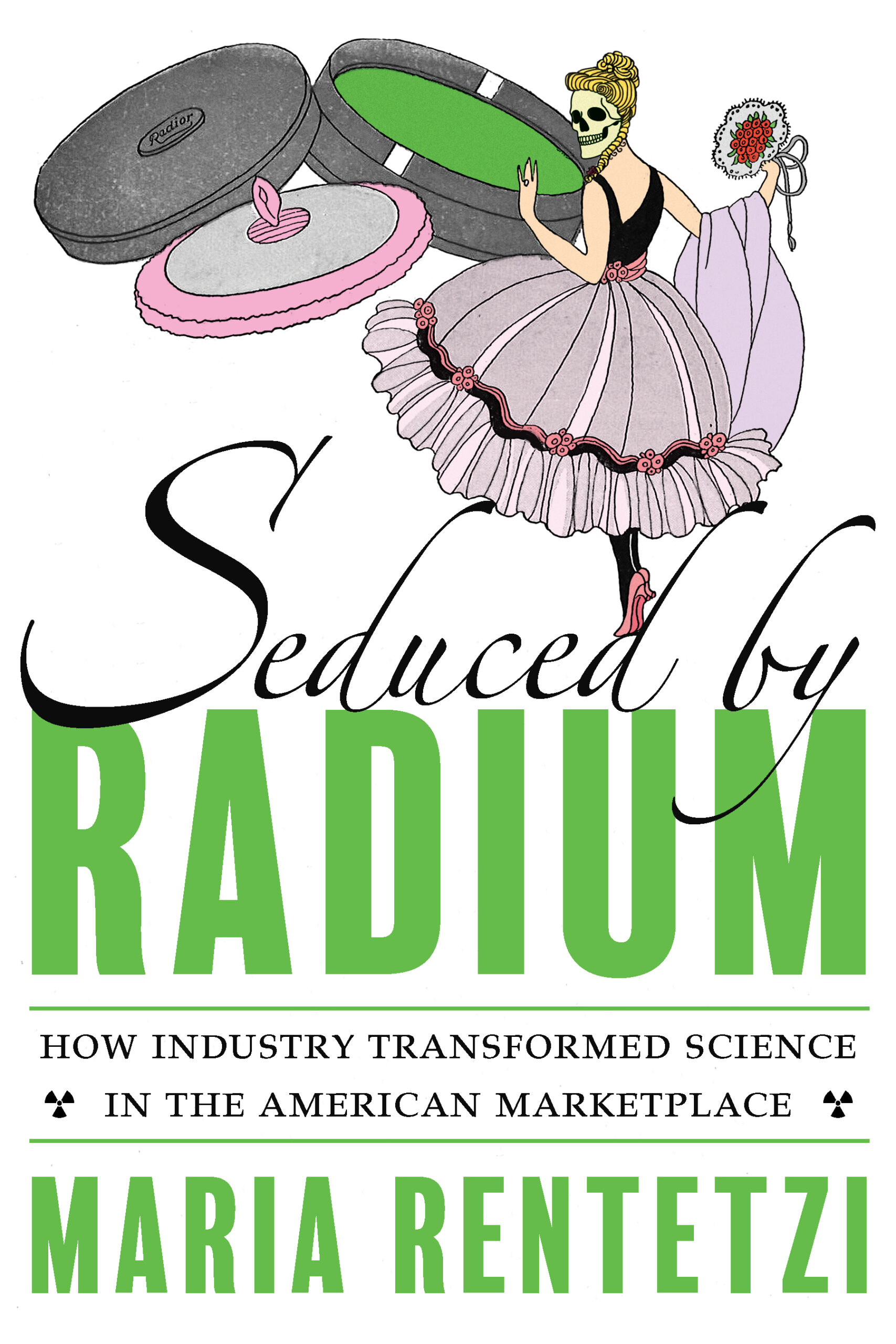
Book
Seduced by Radium: How Industry Transformed Science in the American Marketplace
The discovery of radium by Marie and Pierre Curie in 1898 eventually led to a craze for radium products in the 1920s until their widespread use proved lethal for consumers, patients, and medical practitioners alike. Radium infiltrated American culture, Maria Rentetzi reveals, not only because of its potential to treat cancer but because it was transformed from a scientific object into a familiar, desirable commodity.
MORE


